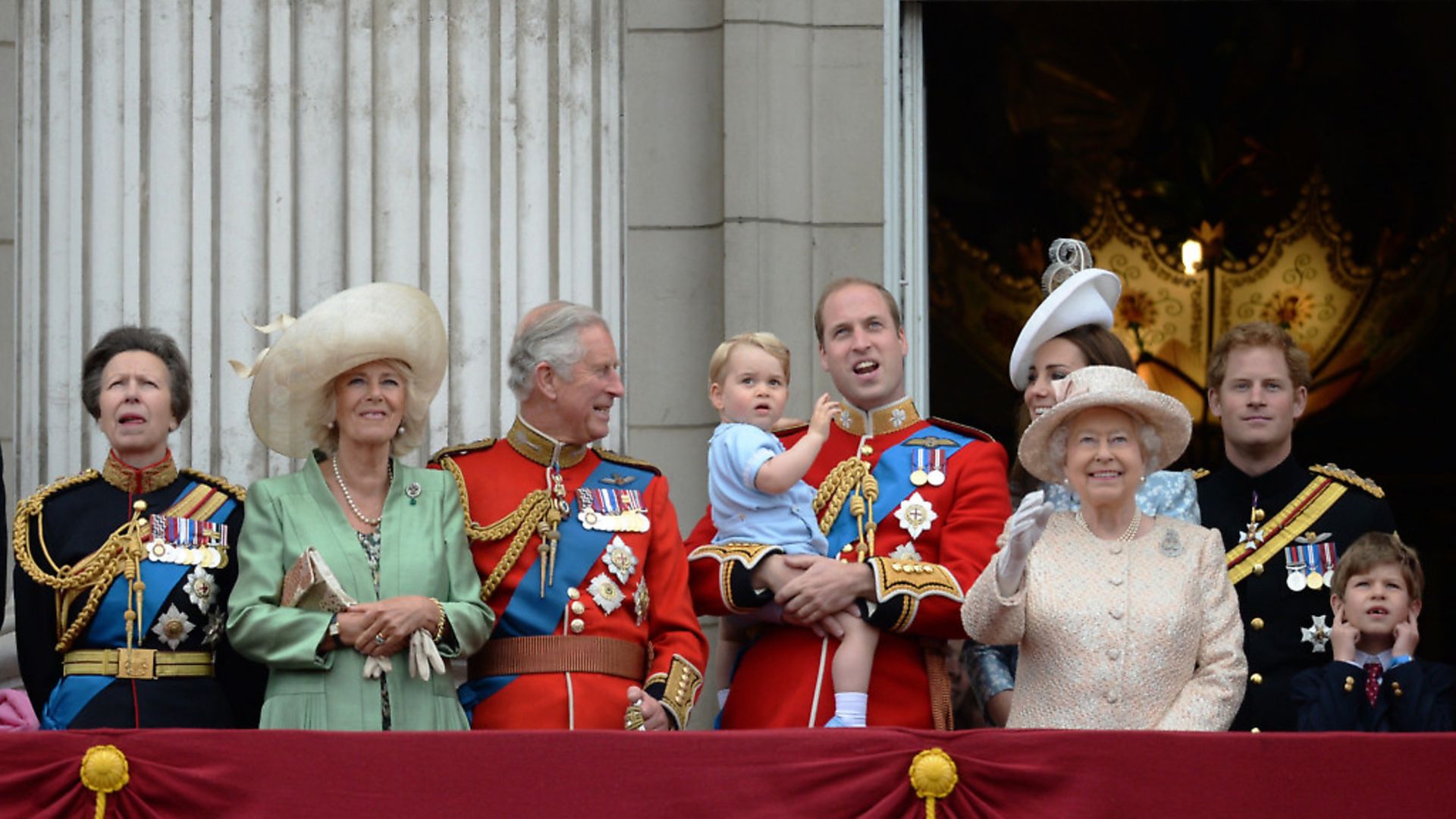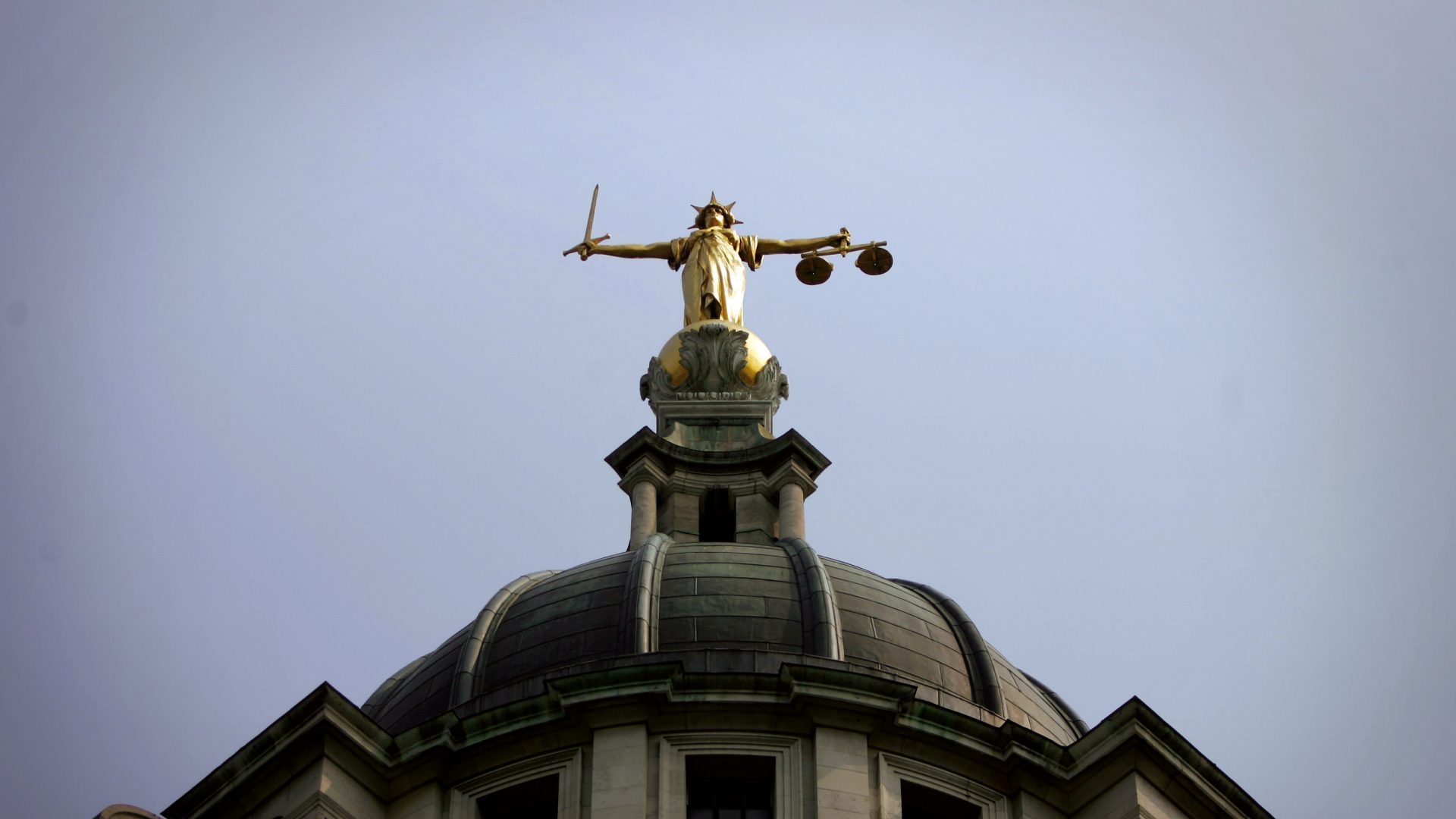On January 29 it will be Thomas Paine’s birthday. Born in 1737 in the Norfolk market town of Thetford, he went on to write bestselling radical pamphlets and tracts that influenced the American revolution, attacked Edmund Burke’s conservativism about the one in France, and put his life at risk. He was a close friend of Benjamin Franklin and sometime advisor to Napoleon (who claimed to sleep with a copy of Paine’s The Rights of Man under his pillow). He left England, was welcomed in America, narrowly avoided the guillotine in Paris, was at times feted and famous, but died an alcoholic and pauper back in New York in 1809.
Paine was vilified in his lifetime for, amongst other sins, being an atheist. He wasn’t. He was a deist, believing God’s existence was revealed through nature and that most religious teaching was bunkum. “All national institutions of churches,” he wrote, “whether Jewish, Christian, or Turkish, appear to me no other than human inventions, set up to terrify and enslave mankind, and monopolise power and profit.”
As a result, his books were banned. In England, as late as 1819, Robert Carlile was put on trial for publishing his The Age of Reason. Ever ingenious, Carlile read out parts of Paine’s book in his defence so that they would be published in official court reports, in effect re-publishing the core of the book. Carlile was sent to prison for three years. On his release he invented the first book-dispensing machine to sell The Age of Reason impersonally, hoping (in vain) to avoid further prosecution.
Paine championed reason and wrote with passion and clarity. He took seriously the injunction Sapere Aude! (dare to know!), or as Immanuel Kant glossed this, “Have the courage to use your own intelligence!” Paine used his intelligence not just to question received wisdom about religion and politics, but also to attack the idea of a hereditary monarchy.
His anti-monarchy arguments are worth revisiting today as, divorced from Europe, post-Brexit Britain gropes around for distinctive institutions and traditions. We fund our royal family lavishly and allow them very generous exemptions, secrecy, and special powers. The majority of the population is still in favour of this, though attitudes are changing. Queen Elizabeth’s reign won’t continue much longer and succession to a less popular monarch, combined with bad press around Prince Andrew, may put the whole institution in jeopardy.
Paine was adamant that new generations shouldn’t be forever bound by decisions made by previous ones. That would be like governing from beyond the grave. As he put it, “That which may be thought right and found convenient in one age may be thought wrong and found inconvenient in another. In such cases, who is to decide, the living or the dead?” We living have reached a point where it is worth reflecting on whether we still need or want to fund a hereditary monarchy, and indeed whether it does embody values worth celebrating.
Paine was writing about kings and queens who had very extensive powers. But many of his arguments still apply. His main criticism was that allowing someone to become sovereign solely because of an accident of birth, and regardless of capacity to perform the role, gives that individual an elevated position on a completely arbitrary and unreliable basis. Heredity doesn’t guarantee competence. Far from it. History provides many counterexamples to the idea that it does. Often this system gives us, as Paine put it, “an ass for a lion”, a situation which we might see repeated. Whether or not guilty of the serious charges against him, Prince Andrew, has indisputably shown appalling judgment about whom he befriends and how to address the media. Being born into the royal family did not endow him with exceptional competence and dignity. Memorably, Paine ridiculed the hereditary principle by pointing out that it was as absurd as the idea of hereditary judges, mathematicians, or poet laureates. He had no time for hereditary peers either.
To be fair to the Windsors, though, there have been families which through a combination of genetics and nurture have produced dynasties of offspring with remarkable talents in a particular field. The Bach family stands out. It spawned more than 50 professional musicians over a period of two centuries, including, of course, the composers Johann Sebastian and Carl Philipp Emanuel.
Close scrutiny of today’s royal family doesn’t look quite so promising.



